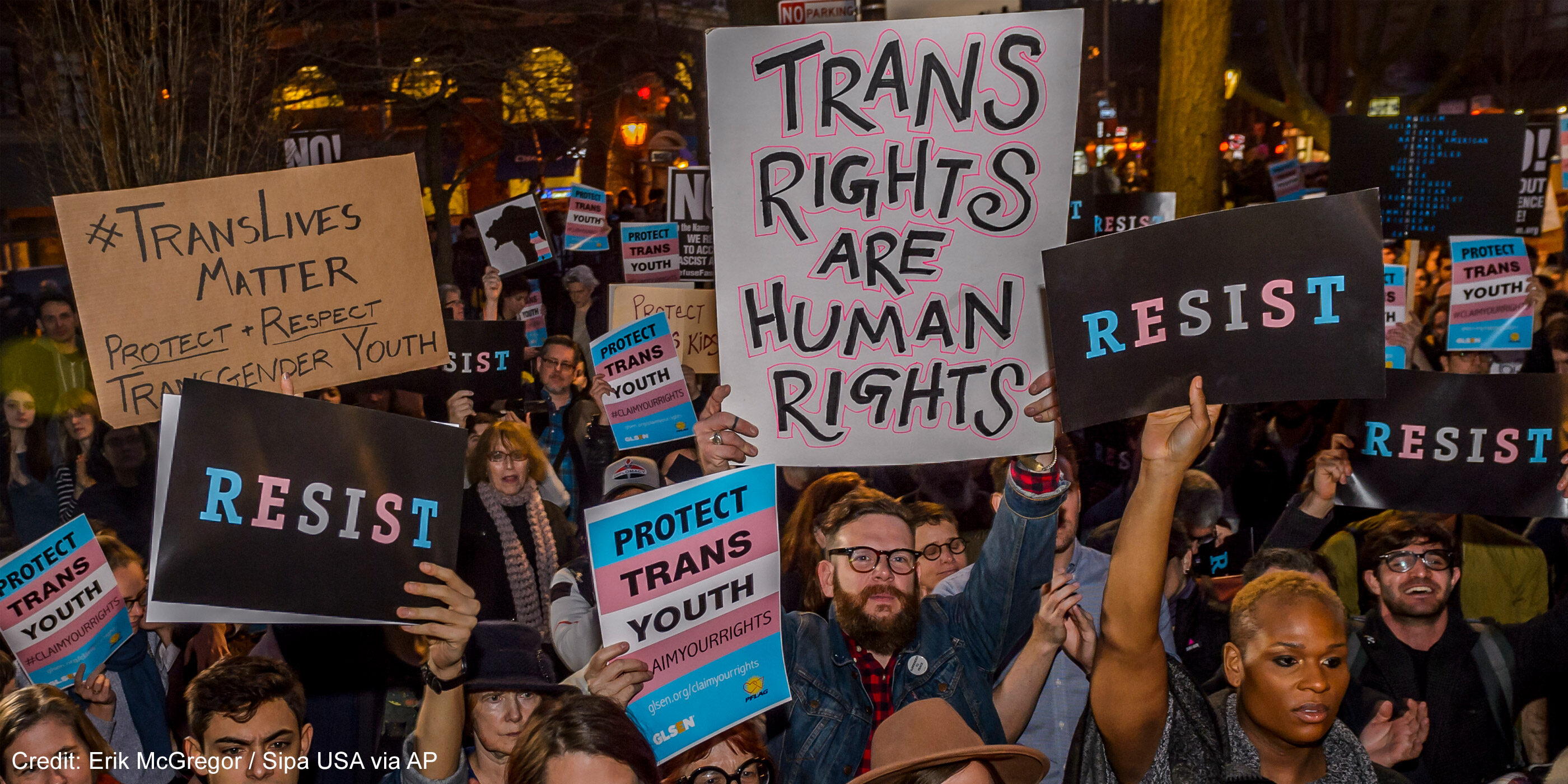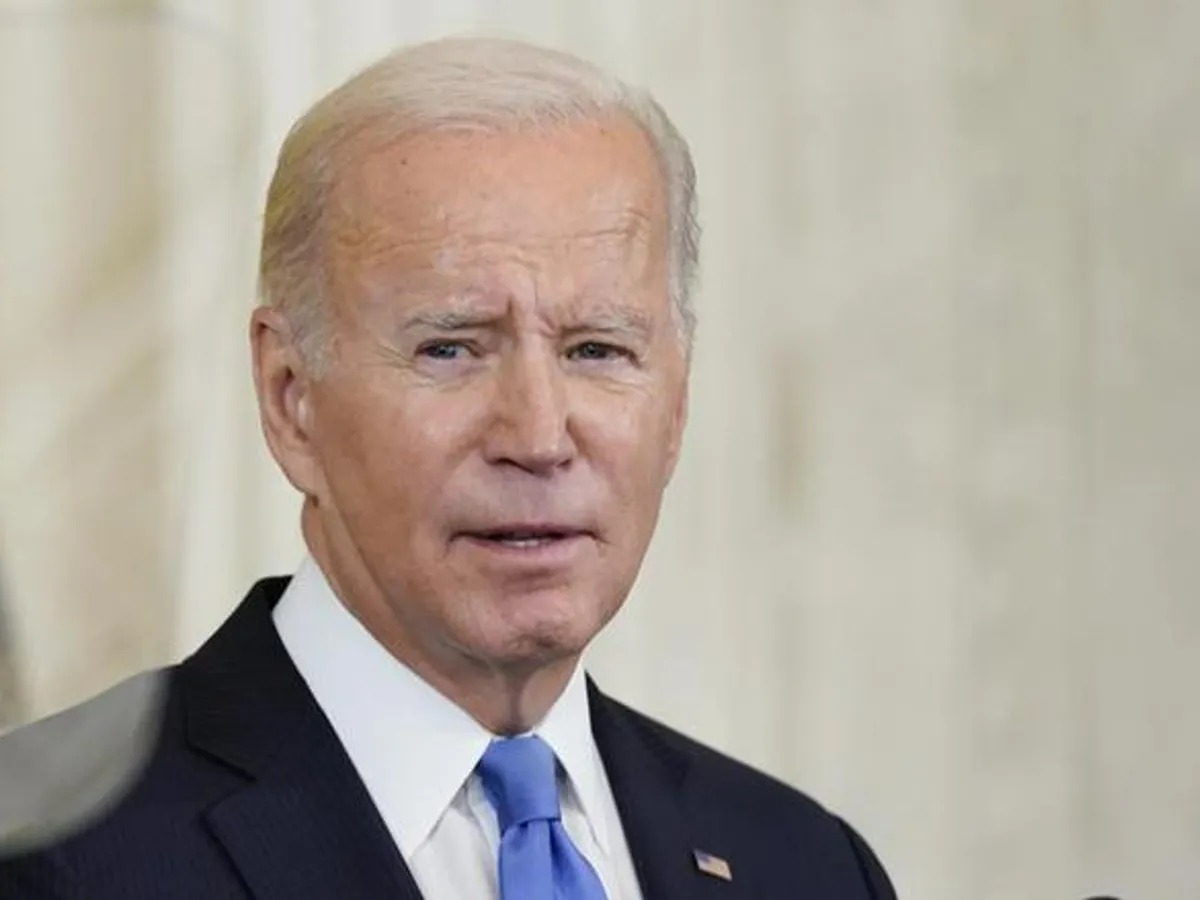Gay for J&K has resurfaced the discussion around the abrogation of Article 370 by the BJP Government on August 05, 2019. Since the clampdown in Kashmir, people from across the globe have come ahead and condemned the actions of the Modi-led government on the way it has been handling Kashmir. Both domestic, as well as international agitation, has not stifled the moves of the government as normalcy in the valley has still not been fully restored.
The government’s sudden act to bring down the special status of Jammu and Kashmir with the abrogation of Section 370 has stirred dialogue among various groups. Some see it as a step towards the unification of India, while others are evidently identifying it as a strike of fascist and autocratic government.
London University echoed with the chants of ‘Gay for J&K’ on October 5. At an event held at the School of Oriental and African Studies at London University, the queer community expressed solidarity with the people of Kashmir by disrupting the said event. Originally, the event was to be held on the topic– ‘Resisting Fascism, Building Solidarities: India, Kashmir, and Beyond’.
It was arranged by the South Asia Solidarity Group as a full-day event, emphasizing the ongoing clampdown in Kashmir, post abrogation of Article 370 on August 05, 2019. The program was mandated to examine the situation in the background of ‘slide into fascism; in India.
The event was chaired by Professor Dibyesh Anand, Head of School of Social Sciences at the University of Westminster and the Kavita Krishnan, Politburo member of CPIML and feminist activist, Dr. Nitasha Kaul of Westminster University among others. Kavita recently returned from a fact-finding mission in Kashmir with a report outlining allegations of torture and thus had first-hand experience in the ongoing situation. In her speech, she highlighted how the BJP-led government in power has stifled all voices coming from the valley and suggested the need for support from the international community to bring the fascist powers in India to an end.

The event was in the flow when some five masked people entered the venue and disrupted the event. The protesters were masked and were holding a rainbow flag, often attributed to the queer community. The flag boldly read Gay for J&K. They also distributed pamphlets which read- Regressive Left, Don’t Betray Us Please. After repeatedly been asked to leave, the protesters rang the fire alarm creating a situation of panic among the participants of the even, forced to leave the venue. Thereafter, the organizers shifted the venue outdoors, where the audience re-assembled.
Gay for J&K: Behind the protests of the masquerading-
The crux of the protest as could be gathered was that with the abrogation of Article 370 of the Indian Constitution, all the laws of the mainland India would be applicable on the newly separated Jammu and Kashmir, thereby rendering Section 377 of the Indian Penal Code – which criminalises homosexuality operational in the valley as it is. Last year the Supreme Court struck down the said provision in a historic judgment, making free and safe spaces for the queer communities.
This landmark move of the Supreme Court put an unequivocal end to any discrimination within the Indian citizen based on their sexual orientation, upholding the idea of equality as deeply enshrined in the Indian Constitution. However, legally, their stand will not withstand. A special status for the territory of Jammu and Kashmir, before the abrogation of Article 377, allowed the territory to be run by the Ranbir Penal Code, which was drafted on similar lines such as IPC.
A retired judge of the Jammu and Kashmir High Court in 2016 had remarked that the striking down of Article 377 was equally applicable to the state of Jammu and Kashmir, notwithstanding the special status previously enjoyed by it under Article 370.
The legal basis for the same could be gathered from Article 171 of the Indian Constitution which says that the law declared by the Supreme Court (by way of judgment) shall be binding on all courts within the territory of India. Therefore, by no logical reasoning, the de-criminalization of Article 377 would not be operative in Jammu and Kashmir.
Moreover, in the case of Jankar Singh vs State and Ors, pronounced by the Jammu and Kashmir High Court on 09 April 1995 it was held that the striking down of any law by the Supreme Court has to be mirrored in the state’s books, and thus would be directly operative and applicable to the state. An excerpt of the judgment has been produced under:

“ In AIR 1971 Delhi 2 (26) (Sic) (FB), it has been held that a decision of the Supreme Court holding a statute to be void does not repeal the statute. The statute has to be regarded as “stillborn,” dead or non-existent.” In it has been held that the law laid down by the Supreme Court applies to all pending proceedings even with retrospective effect. When the highest court in the land gives an exposition of the law, it has to be taken as if that was always the position of law. All pending matters, whether at the trial stage or in appeals, have to be disposed of accordingly.”
The decriminalization of Homosexuality in India:
The demand for decriminalizing homosexuality in India has been for long in the country. However, due to an appalling lack of political will. There was aggressive opposition by the members of the Parliament, especially those recognizing them to be in line with the RSS supported the right-wing ideology.
However, even after the said decriminalization, there has been intense opposition to enforce the said law in the valet by the Indian Army. It is to be seen that Kashmir was already one of the highly militarized regions in the world. With the abrogation of Article 370, both before and after, the place was further dumped with army troops. The added presence of the troops had further created panic among the locals, fearing the dooms that eventually broke on them.
Given their dominance in the area, it becomes impossible to ignore the stand of the Indian Army on the issue of homosexuality and its said decriminalization by the Supreme Court. Army Chief General Bipin Rawat has earlier remarked, saying that “such actions” were forbidden in the Army, and “We will not allow this to happen in the Army.” However, at the same time, Chief Rawat had reminded himself that the Army is not above the law. He was pointing towards the provisions of the Army Act to deal with the issues concerning the LGBT (lesbian, gay, bisexual, and transgender) within the forces.
Post the said incidents that took place in the event, it was also brought to notice, that the decided panel already included Professor Dibyesh Anand, who himself a queer activist. The protesters who decided to mar the event seemed to be unaware of this fact. Professor Anand came on record to remark on the disrupting act of the protesters, as reported by India Today:
“I can bet these disruptors are not queers; if they were, they would be in solidarity with all oppressed.”

Kavitha Krishnan remarked that the protesters of Gay for J&K were not queer but rather belonged to the Indian right-group RSS and were ‘masquerading as queer activists’. She said so gathering from the pamphlets distributed at the venue by the protesters, which were deliberately targeting the left-wing ideology, despite their active and vocal stand for the LGBTIQ rights in India. However, there has been no evidence to support the claims of both Professor Anand and Kavitha.
Aftermath:
If Gay for J&K was indeed was an act organised by the RSS to disrupt the successful completion of the event organised at SOAS, it indeed was a creative way to go around it. But the claims of the masquerading protesters, which establishes a link between the repealed Article 370 of the Indian Constitution and the struck down Section 377 of the Indian Penal Code, is on a shaky ground. In strictly legal terms, considering the present framework in the country, the claim would have no standing.
Rather, there seems to be ample legal jurisprudence in favor of the argument that the striking down of Section 377 by the apex court in the country will have an equal standing even to the territories of Jammu and Kashmir. However, to an extent the protesters were successful in what they wanted to bring in news cycles. Since the protest, there have been various discussions on the intention behind the conduction of the event at SOAS. Some remarked it to be an ‘anti-India lobby’ and ‘closed door meeting’, pulling down on the panelist by calling them the ‘known Modi baiter’.

















